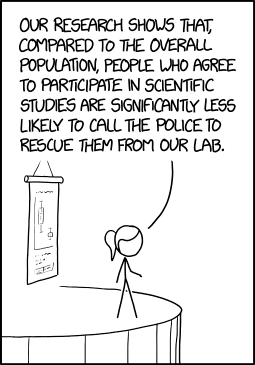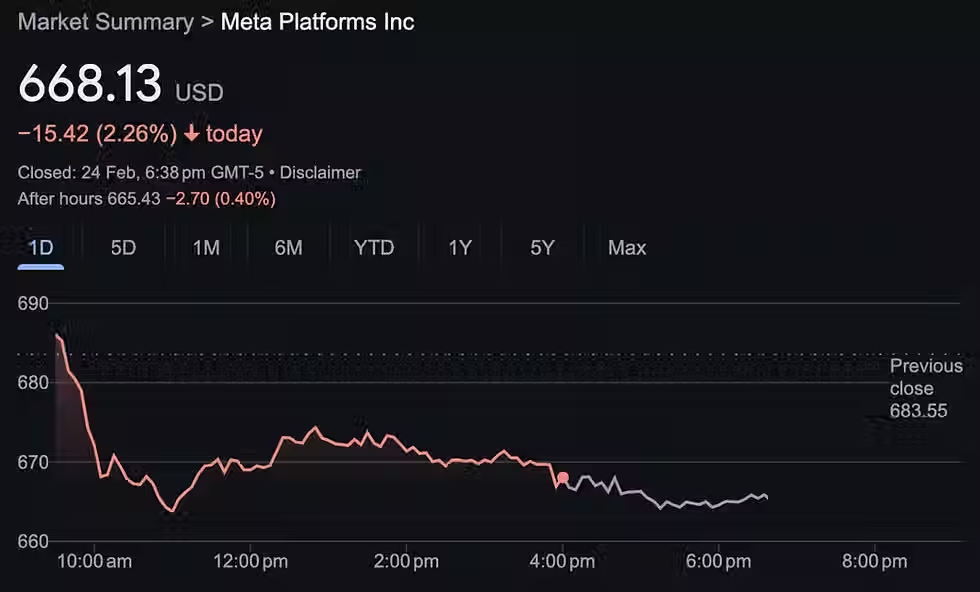Saving vs. Investing: Key Differences and Which to Choose
- Buffett Online School

- Sep 26, 2023
- 5 min read

Have you tried asking yourself, "When should I save or invest?
Saving and investing are ways to build a solid money base, but they differ. Even though they can both improve your financial future, it's essential to understand the distinctions and when to save or invest.
At Buffett Online School, we also believe in investing in great companies you understand and utilizing Free Investing Resources to help you start your financial freedom and investment journey is one of the best ways to learn.
This article will discuss the key differences between saving and investing, the pros and cons, and knowing when to save or invest.
What is Saving
Saving is like keeping your money safe for the future by putting it in a safe place, like a bank.
You usually keep your savings as cash in a bank account. It is safe but only gives you a little extra money back. If you want to make more money from your savings, you can invest it.
We usually save money for different reasons, like when we want to stop working, save for emergencies, pay for our kid's school, buy a house or a car, or even for a fun trip.
Pros and Cons of Saving
Saving is pretty straightforward. You don't need to spend money upfront or learn something new, but some disadvantages come with it.
Here are the pros and cons of saving:
Pros of Saving
Savings accounts tell you upfront how much extra money you'll make on your saved money.
The government ensures bank accounts up to $250,000, so even though you won't earn a lot, you won't lose money with a savings account.
Bank products are easy to access. You can get your money quickly, but sometimes there's a charge if you withdraw your money.
A savings account in a bank with insurance can lose value only through small fees, like maintenance or charges, if you make more than six transactions from the account in a month.
Cons of Saving
Even though saving is good, there are some downsides, including:
The money you earn from saving is not much, and it can not guarantee to double your money. Investing could give you more money, but it's not guaranteed.
Since you won't make much, your money might not be worth as much over time because of inflation.
When to save?
You save money first when:
1. Suppose you need money saved for unexpected situations. Danna Jacobs, a money expert, suggests saving money first. It's excellent to have around three to six months' worth of money saved up for when you need it suddenly.
But what's even more important is to make saving a regular habit. At the very least, Jacobs suggests keeping enough money for one month's worth of expenses before you start investing your money.
2. Suppose you will need the money in the next five years. You may already have emergency savings, and now you want to save for something else, like buying a house. Or you might be saving for something you must pay every year, like car insurance.
If you need the money quickly, keeping it in a savings account where you know you'll get it back is better.
What is investing
Investing means using your money for a while to make more money. You put your money into something, hoping you'll make more than what you started with.
There are various ways to invest, like starting a business or buying houses you can rent out to get money or sell them later for a higher price.
Pros and Cons of Investing
Saving is safer than investing but might make you less money in the long run. Here are the pros and cons of investing:
Pros of Investing
Investments like stocks can make much more money than savings accounts and CDs. Over time, the S&P 500 has made about 10 percent more money each year, although it can change significantly in one year.
You can quickly turn investments into money. Stocks, bonds, and ETFs can be changed into cash on most weekdays.
With different stocks, you can beat inflation and have more buying power over time. The Federal Reserve says the usual inflation is 2 percent, but it's been higher lately. Earning less than this decreases your money's worth over time.
Cons of Investing
However, investing has some problems, including:
You might not make money, and it could go down in value for a while because of changes in how much your investments are worth.
Depending on when you sell and how the economy is, you might get back a different amount of money than you started with.
Leave your money in an investment account for at least five years to deal with short-term drops in value. It would help if you kept your investments long and did not take money out.
Investing can be hard to understand, so you'll need to learn a bit before you start. But once you start, you'll see it's possible.
Sometimes, the costs of investing accounts can be high, but many brokers now offer free trades.
When to invest?
You should start to invest when:
1. You've saved enough money for emergencies or getting close. Jacobs thinks it's good to set aside enough money for unexpected situations within the next two to three years before investing.
2. You've finished paying off debts with high-interest rates. The interest rates are usually low for things like student loans or mortgages, so it's okay to pay the minimum amount.
If you have credit card balances or other debts with high interest rates, consider whether it's worth it. Jacobs says, "It's not smart to pay 20% every year to keep a credit card balance of $5,000 and then put $5,000 into investments and get back only 7%."
3. You have plans that need a lot of money in the long term. You will only need money for these things at least five years later. For example, retirement or saving for your kid's college education is significant.
Key Differences Between Saving and Investing
Both savings and investing are ways to accumulate money. When you save, you keep your money in a particular bank account. Investors also use accounts, but with companies that help them buy things like stocks.
Both savers and investors know it's essential to have some money saved up for emergencies before they use it for investments.
Even if they have similarities, we know they still have many differences.
This table shows some key differences between saving and investing.

Final Thoughts on Saving and Investing
It's always important to know that saving and investing are different, and you should always know when to do each.
Saving means keeping your money safe for the future, like in a bank account. It's suitable for emergencies or short-term needs. It's simple, but the extra money you get is a little.
Investing is when you use your money to make more money over time. It can be risky but also give you more significant returns. You might invest in things like stocks or property.
Remember, when saving, make sure you have enough for emergencies and short-term goals. Starting once you have a safety net and have paid off high-interest debts is good when investing. Investing could be wise if you're looking at long-term goals, like retirement or your kids' education.
Both saving and investing have their pros and cons, so it's essential to understand what's best for your situation. Make sure you research and learn before you make decisions about your money.
Join Our Free 2-Day BOS Value Investing MBA
At the Buffett Online School, we believe in learning the right investing mindset and system so we can start cultivating emotional detachment and grow our wealth safely and substantially in the long run.
Our next 2-day BOS MBA Value Investing Online Bootcamp is happening soon! We will teach you how to use Warren Buffett's proven investing method to maximize your portfolio.
Remember, you can cultivate the right investing mindset and unlock your potential to build wealth through intelligent investing. Together, we can create a network of educated investors who make informed decisions and contribute to their financial well-being!
In the meantime, feel free to check out some of our blog posts to continue learning. You can also join our BOS Telegram channel for more investing insights!





Understanding project controls is essential for keeping projects on time and within budget. This field focuses on cost estimation, scheduling, and risk management. Professionals who master it can improve project delivery efficiency and accuracy. Such skills are vital in industries like construction, oil, and energy. You can build your project control expertise through Uniccm.
UNICCM has built a reputation for delivering courses that truly prepare learners for advancement. Students appreciate the clarity and structure of the learning process. The institution remains focused on empowering learners with skills employers demand. Its approachable online model ensures global accessibility. Such qualities keep it ahead in professional education.
IT setup time has reduced by 40% after switching to the Lenovo T14.
Reflecting on past fire disasters provides invaluable lessons on the critical importance of fire safety. Incidents like the Great Chicago Fire of 1871, fueled by rapid urbanization, wooden structures, and dry conditions, transformed a small flame into a city-wide catastrophe, destroying thousands of buildings and leaving countless homeless. Similarly, the Triangle Shirtwaist Factory fire of 1911 exposed the deadly consequences of inadequate workplace safety, highlighting the urgent need for stringent building codes and emergency exits. These historical tragedies underscore the necessity of robust fire safety protocols and public awareness campaigns. Today, we benefit from fire-resistant building materials, advanced suppression systems, and comprehensive public education programs, all born from the hard lessons learned from past disasters. It is our responsibility to continue to…
Ordinary this submit is totaly unrelated to what I was looking out google for, nevertheless it was indexed at the first page. I suppose your doing something proper if Google likes you enough to place you at the first page of a non related search. 안전토토사이트